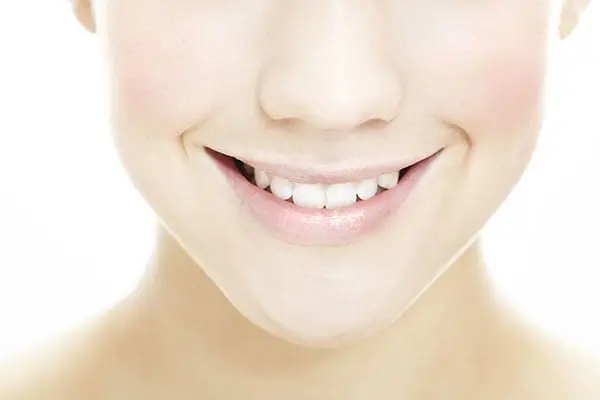The outer layer of your tooth is called enamel, which has several minerals. These minerals are lost when acids, formed by plaque bacteria, attack the enamel. They can be redeposited from the foods and water consumed. Tooth decay happens when demineralisation happens without sufficient remineralization to repair the enamel layer.
What is Flouride
Fluoride is a mineral that helps prevent tooth decay by making the tooth more resistant to acid attacks. It also reverses early decay. A Fluoride mouthwash or mouthrinse can help speed remineralization, as well as disrupts acid production in already erupted teeth of both children and adults.
Flouride Mouthwash & Rinses
Fluoride can be found in many foods, and even in water, although in the Middle East, it needs to be added in. Fluoride can also be directly applied to the teeth through toothpaste and is also added to mouthwashes or mouth rinses, which can be a powerful support for remineralisation.
Fluoride is most important when the teeth are developing, in children between the ages of 6 months and 16 years, when the primary and permanent teeth come in. However, adults can also benefit from fluoride, especially when taken topically, through mouth wash, for example, as it helps in fighting tooth decay and strengthening teeth.
Fluoride is also helpful for people who suffer from dental conditions like dry mouth, gum disease, and cavities. You must, however, control the intake of fluoride, and it’s not for consumption. Which is why it is better to use a fluoridated mouth wash instead of toothpaste, so you don’t ingest any by mistake.
A fluoridated mouthwash not only cleans the bacteria from your mouth, but it also aids remineralisation, giving you healthier teeth.
